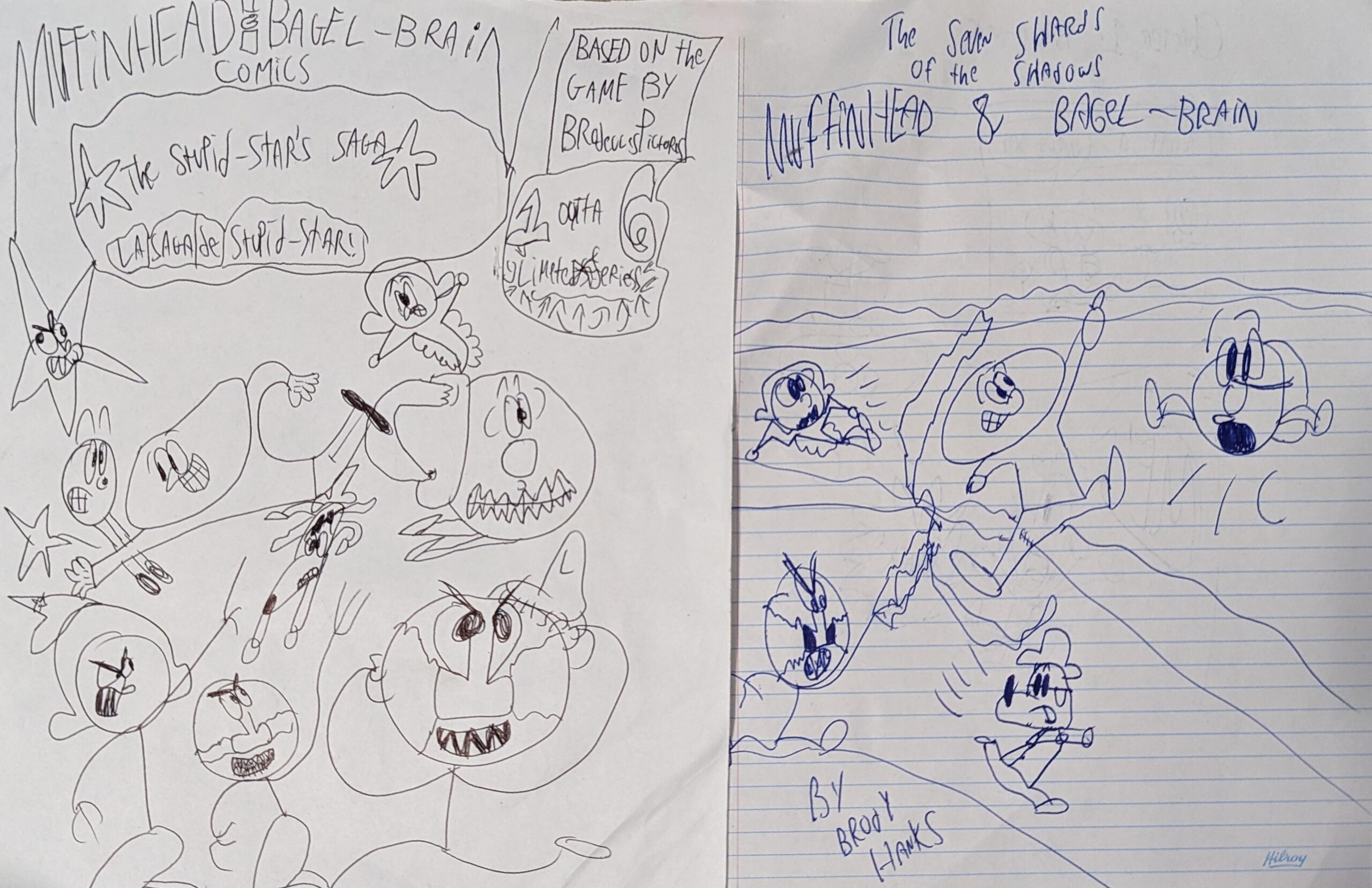On Saturday, May 27, the Art Gallery of Burlington (AGB) is hosting a letter-writing workshop led by educator, designer, and social activist Sheila Sampath.
The event, which runs from 1:30 p.m. to 3 p.m., is free to attend, and offers participants the opportunity to think about their younger selves or future selves and write letters to those versions of themselves. People might want to let their younger selves know that it was okay to be different, that life may (or may not!) turn out as they imagine or to remind that young self that they are loved. Or perhaps reach out to a future version of themselves, reminding them to hold on to particular aspects of their present self.
All of these possibilities and more can be explored at the workshop. Sampath says that you don’t have to be a writer or an activist to take part; there will be smaller lead-up activities and space for conversation. And, of course, Sampath is there to walk people through the process of creative writing, which, she notes, can be “daunting and scary.” She stresses that there is no need to strive for a perfect end result — “Let the process be a bit imperfect…[after all] we can write another one.”
Sampath’s path to letter-writing as self-compassion via activism is an interesting one. Growing up in Mississauga, she describes herself as being a late-comer to social activism, after a stint training to be a support worker at the Toronto Rape Crisis Centre/Multicultural Women Against Rape in her late teens. There she found a welcoming, loving group of women, trans- and cis-, and non-binary people, who supported her and opened her eyes to other forms of activism, the connections between social movements, and “building a world so others can come in.”
Later, when attending a conference on gender-based violence, Sampath witnessed a seemingly fairly inconsequential (though tense) event that changed her path. The conference was largely attended by people who are gender non-conforming, trans, two-spirit, and women, and during a question-and-answer period after one of the presentations, one of the few cis-gender men asked a question. This man was a support staff member for the venue, rather than a conference attendee, but something had clearly struck him enough to ask his question. His lack of experience came through with an unfortunately poorly-worded question, and another audience member quickly and aggressively shut him down.
Sampath remembers going back to her hotel, not able to stop thinking about the situation, wondering what the point was of trying to build a new world if people were then barred from entering that world if they did not know the correct language or how to “perform” activism in the same way.
Putting herself in the place of both the question-asker and the answerer, Sampath began thinking about their relationship to their younger selves. How did the answerer enter the world of social activism? Did that person always know the right language, or did they have to learn it? Why were they not more open to others trying to learn?
She then turned inward, asking herself questions about her own relationship to her younger self, and remembering the racism and homophobia she had experienced and internalized as a young person. She realized that she hadn’t been particularly forgiving to her teenage self, instead trying to forget what she had been like, dismissed her as “so cringe.” (Likely an experience shared by many of us.)
The next step in her thought process was to ask what we can learn from our younger selves. How can we support them and help them in what’s next? She noted that it was hard to enter the space of social activism, particularly if one doesn’t yet know how to perform the correct words — and yet, surely, the goal is to have more and more people entering that space, to create a better world. “Maybe,” Sampath says, “if we’re kind to all parts of ourselves, maybe we can also shift how we are in our communities, and help others — older or younger — who want to enter this space, [even] that older auntie who doesn’t have the language yet but still has a deep and embodied understanding of what justice is.”
Sampath believes that having compassion for what she calls “those time-travelly versions of ourselves” can lead to compassion for others — others who may be fumblingly entering the space of social activism.
The result of this was a book, called Letters Lived: Radical Reflections, Revolutionary Paths. The book, published a decade ago, is a collection of letters from a range of contributors, social activists all, to their teen selves, all on the theme of learning how to love themselves while forging their own paths in life to make a better future.
Sampath’s work has also included online magazine Shameless, as editorial and art director; teaching at OCAD and now Humber College; and is principal and creative director of The Public, an activist design studio. Much of this work has included working with youth, including the Shameless youth advisory board and co-designing with young people. She has seen what is needed to help young people enter the world of social activism, and the changes that happen within them: “I see people’s entry point, and their exit after two to three years, and that exit happened because of care, being gently challenged, and calling in to their reality.” They leave being able to perform language of social activism, but hopefully also taking forward that care to help bring in others.
Sampath has also noticed that though she has “a lot of kindness and compassion for youth working through stuff, I don’t feel like I had that for myself. It took a long time to see that I wasn’t a ‘cool’ teen…but also, that’s okay.”
Interestingly, she had the same experience upon rereading Letters Lived after a number of years, “that cringe moment of myself 10 years ago,” wondering why she wrote particular things, or wishing she’d put specific frameworks in on which to organize the letters. Sampath was just as hard on her decade-younger self as she had been on her 15-year-old self. “We have to break these patterns,” she says.
And of course, her “present self wouldn’t exist” without that past self — or without the people she met along the way who met her where she was, and who cared and supported her in her growth. That is also certainly true of all of us.
Sampath looks at her activism as an “ongoing iterative practice, with a commitment to self-reflection, to responsivity, to growth,” and this upcoming workshop is a way of doing just that: a chance to meet new people, learn where they are in their own personal journeys, and provide a caring and open environment for them to learn about and feel compassion for themselves.
She also believes strongly that the learning process can and should be bidirectional: we can all learn from people both younger and older than ourselves, as well as learning from our own past selves. As such, Sampath is hoping to see an intergenerational group at the AGB on May 27, for all to think together about “what it means to look forward and look back…a bit about time travel, future memory, thinking about where you’re at in that moment in time, and spaces of care and connection along the path.”
And is there another book by Sampath to look forward to in her own future? She has ideas, particularly about leadership and the hyper-individualistic way we talk about it to young people. Sampath wants to look instead at community-minded, collective forms of leadership, and again, in an intergenerational way.
You can participate in this self-time travel with Sheila Sampath on May 27, 2023, beginning at 1:30 p.m. by registering here through the Art Gallery of Burlington; DeLorean not included.




